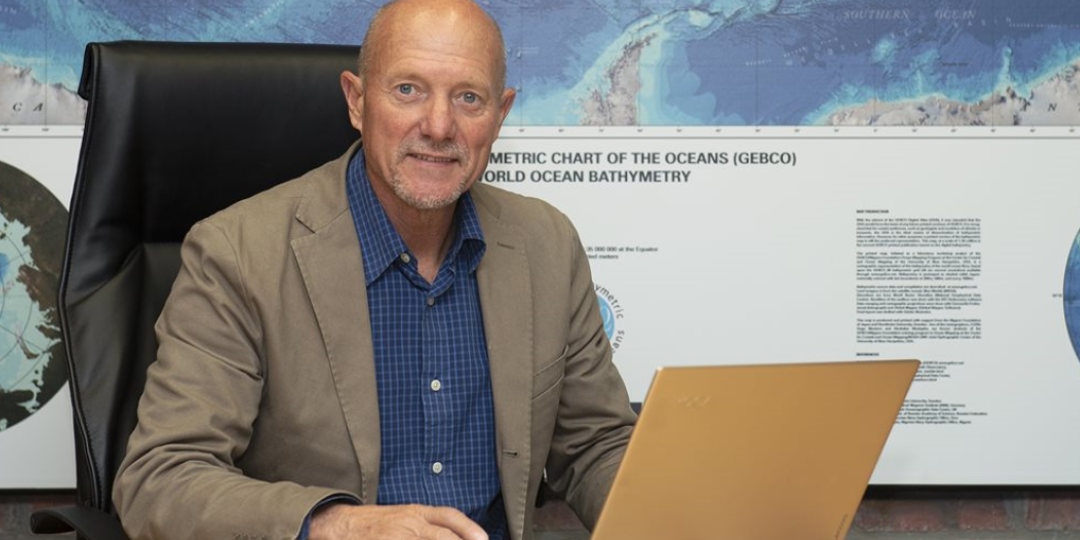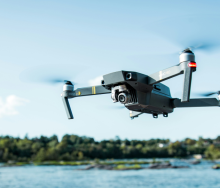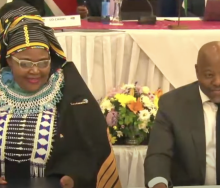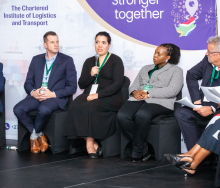A digital twin of the ocean is being developed for the East African coast to give all marine businesses, policymakers, fisheries, scientists, and coastal populations the power to understand what would happen if issues like climate change, overfishing, and pollution continue unabated.
A Nelson Mandela University scientist and his team have deployed oceanographic instruments to collect data on the ocean dynamics of the Mozambique Channel.
It includes collecting information on currents, temperature, ocean productivity, habitats, fish, and human populations.
It is part of a major research effort to predict what the Western Indian Ocean (WIO) will look like from now until 2100.
Prof Mike Roberts heads the UK-SA Bilateral Research Chair in Ocean Science and Marine Food Security – jointly hosted by Nelson Mandela University in South Africa and the University of Southampton in the United Kingdom.
He explains that all ocean data collected will be used to check the accuracy of the world-first digital twin of the ocean – the largest ever computer model of the world's oceans – that aims to predict what oceans will look like until the end of this century.
He is interested in the western part of the Indian Ocean which includes South Africa, Mozambique, Madagascar, Tanzania, Kenya, Seychelles, Mauritius, Comores, and Somalia.
"The WIO was chosen because we have the second largest population in the world (some 60 million people) that are directly dependent on the Indian Ocean for their food security and livelihoods," says Roberts.
He explains that the computer model is being developed by the SA-UK partnership along with "Horizon" – the EU's key funding programme for research and innovation. "The digital twin is a digital replica of the oceans that draws on vast amounts of data, models, and artificial intelligence to provide high-resolution, multi-dimensional descriptions of all marine systems, with forecasting periods ranging from seasons to multi-decades," Roberts says.
The digital twin gives scientists, policymakers, fisheries, all marine businesses, and citizens the power to understand what would happen to the oceans, fish, and other marine life, along with people living on the coast "if issues like climate change, overfishing, and pollution continue unabated."
"This high-end research is expensive, but fortunately, an overseas fund provider has rallied behind us and helped to kickstart this new WIO phase of the digital twin ocean.
"Initial funding will support start-up strategic activities and multilateral work with international parties."
An ecosystem model called ECOSPACE that Nelson Mandela University and the University of Cape Town are developing will enable scientists to credibly predict what the WIO's future will look like until 2100.
"Importantly, we need to identify the tipping points of the WIO ecosystem, when these will happen and how this will impact the future of the region's fisheries. We have already started the work, but once we have initial data, we can really move on this."
The end goal of the digital twin is to help countries in the WIO understand and develop ways to mitigate and adapt to climate change and work at restoring healthy marine and coastal habitats.
This will help support a sustainable blue economy – including subsistence, artisanal, and industrial fisheries, marine ecotourism, industry, and aquaculture – and achieve marine food security.
"Marine food security depends on the health of marine ecosystems, and this directly affects the 60 million people in the WIO who depend on the ocean for food and livelihoods," Roberts says.
Fish abundance projections based on his team's work already demonstrate the amount of fish in the region, as well as species diversity rapidly declining due to overfishing, ocean warming, pollution, and population growth.
His team is developing a policy brief that they aim to put on the 2023 agenda of the United Nations World Food Security Committee.
This is to raise the issue of marine food security in the WIO and to catalyse planning and action.
He added, "WIO governments and the international community urgently need to collaborate on understanding the rate at which changes in the ocean are manifesting and, critically, the mitigation measures that need to happen.
"Time is running out quickly!"













